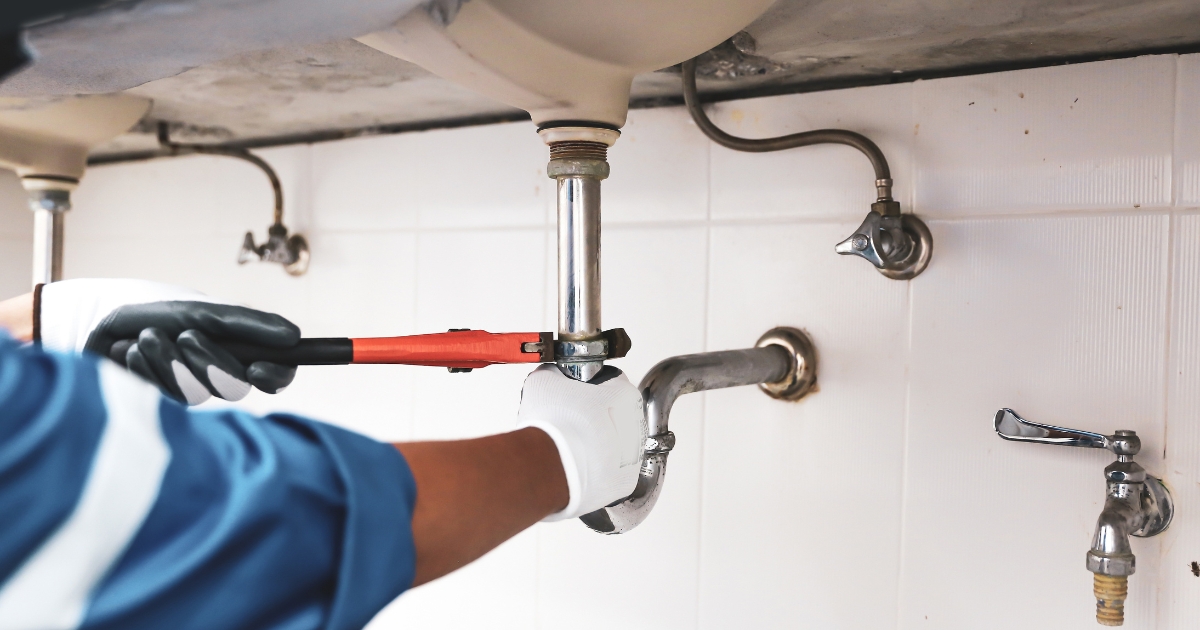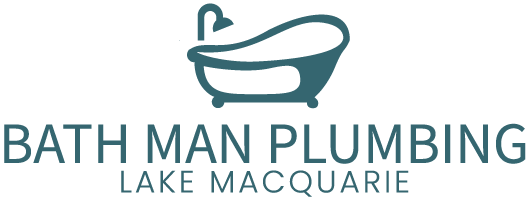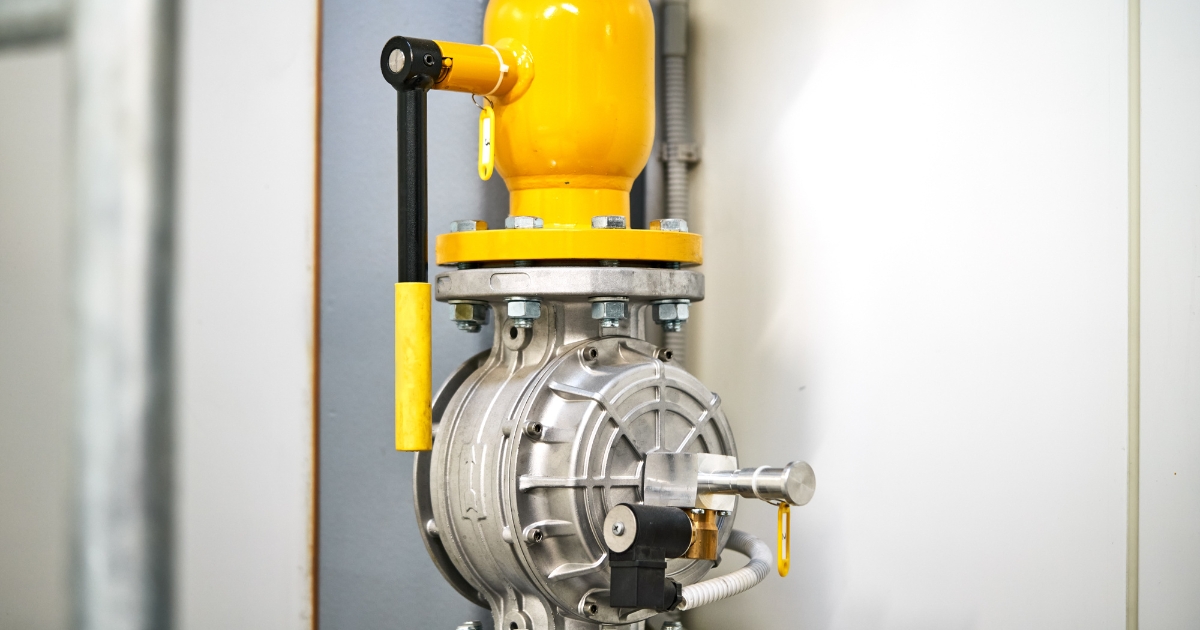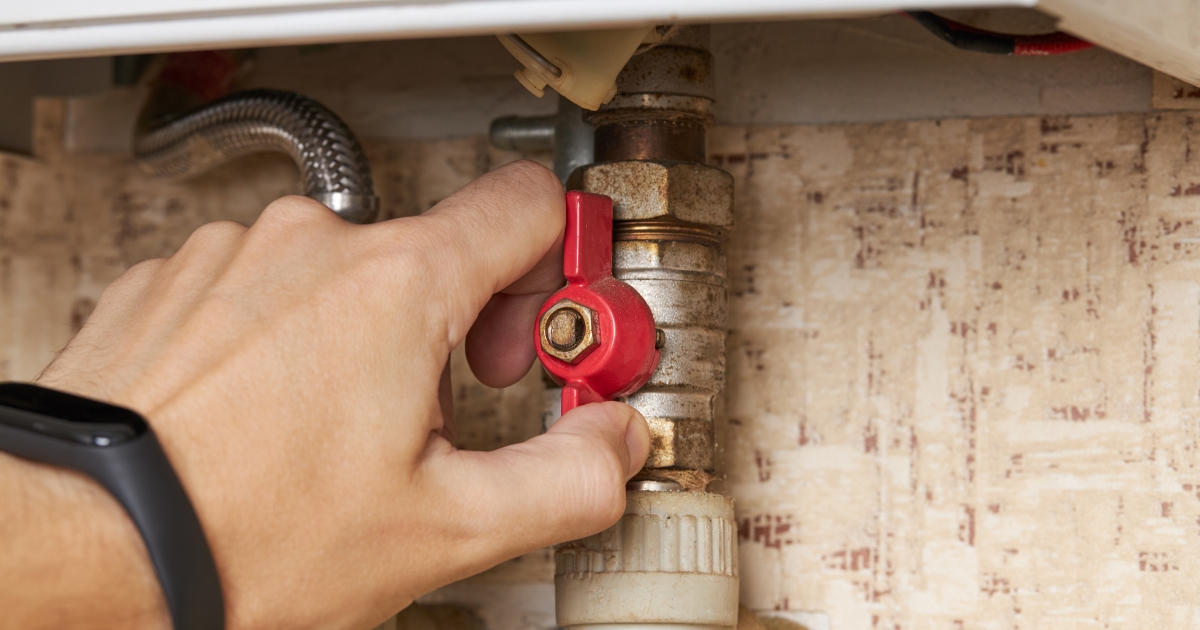As a seasoned plumber, we understand how common and frustrating drain blockages can be for homeowners. Clogged drains can disrupt daily routines, lead to unpleasant odours, and even cause water damage if left unaddressed. The good news is that there are several simple do-it-yourself (DIY) tips you can implement to prevent drain blockages and keep your plumbing running smoothly.
In this article, we will share some effective DIY techniques that will help you maintain clear and unobstructed drains in your home.
Use Drain Guards
One of the easiest and most effective ways to prevent drain blockages is by using drain guards. These inexpensive, mesh-like devices fit over your drain openings and catch hair, food particles, and other debris before they have a chance to go down the drain. Regularly cleaning and emptying these guards will prevent these materials from accumulating in your pipes and causing blockages.
Avoid Pouring Grease Down the Drain
Pouring grease and cooking oil down the drain is a common mistake that can lead to serious clogs. Grease may flow smoothly when hot, but as it cools, it solidifies and sticks to the walls of your pipes, trapping other debris and causing blockages. Instead of pouring grease down the drain, collect it in a heat-resistant container and dispose of it in the trash once it has cooled.
Be Mindful of What You Flush
Toilet blockages can be especially troublesome. Prevent clogs by being mindful of what you flush down the toilet. Avoid flushing items such as wipes, feminine hygiene products, cotton balls, and paper towels, as they are not designed to break down in water and can lead to severe blockages.
Regularly Clean Drains
Even with drain guards in place, some debris may still find its way into your drains. Regularly cleaning your drains can help prevent blockages. One effective DIY solution is to use a mixture of baking soda and vinegar. Pour one cup of baking soda down the drain, followed by one cup of vinegar. Let the mixture sit for about 30 minutes, then flush the drain with hot water. This natural remedy helps break down grease and debris, keeping your drains clear.
Install a Water Softener
Hard water contains high levels of minerals like calcium and magnesium, which can lead to the build-up of limescale in your pipes. Over time, this build-up can narrow the diameter of your pipes and contribute to blockages. Installing a water softener can help reduce limescale formation, prolonging the life of your plumbing and preventing blockages.
Regularly Flush Drains with Hot Water
Flushing your drains with hot water regularly can help dissolve and wash away accumulated soap scum, grease, and other debris. For best results, run hot water down each drain for a few minutes every week or so.

Clear Drains, Happy Home! Implement These DIY Tips Today and Keep Your Plumbing Flowing Smoothly. If you encounter stubborn blockages, reach out to our expert plumbers for professional assistance!
By following these DIY tips, you can take proactive steps to prevent drain blockages in your home. Using drain guards, avoiding pouring grease down the drain, being mindful of what you flush, regularly cleaning drains, installing a water softener, and flushing drains with hot water can all contribute to maintaining clear and unobstructed plumbing. However, should you encounter a stubborn blockage that these DIY methods cannot resolve, it’s best to seek professional plumbing assistance to avoid exacerbating the issue. A professional plumber can tackle more complex clogs and ensure the long-term health and functionality of your home’s plumbing system.




